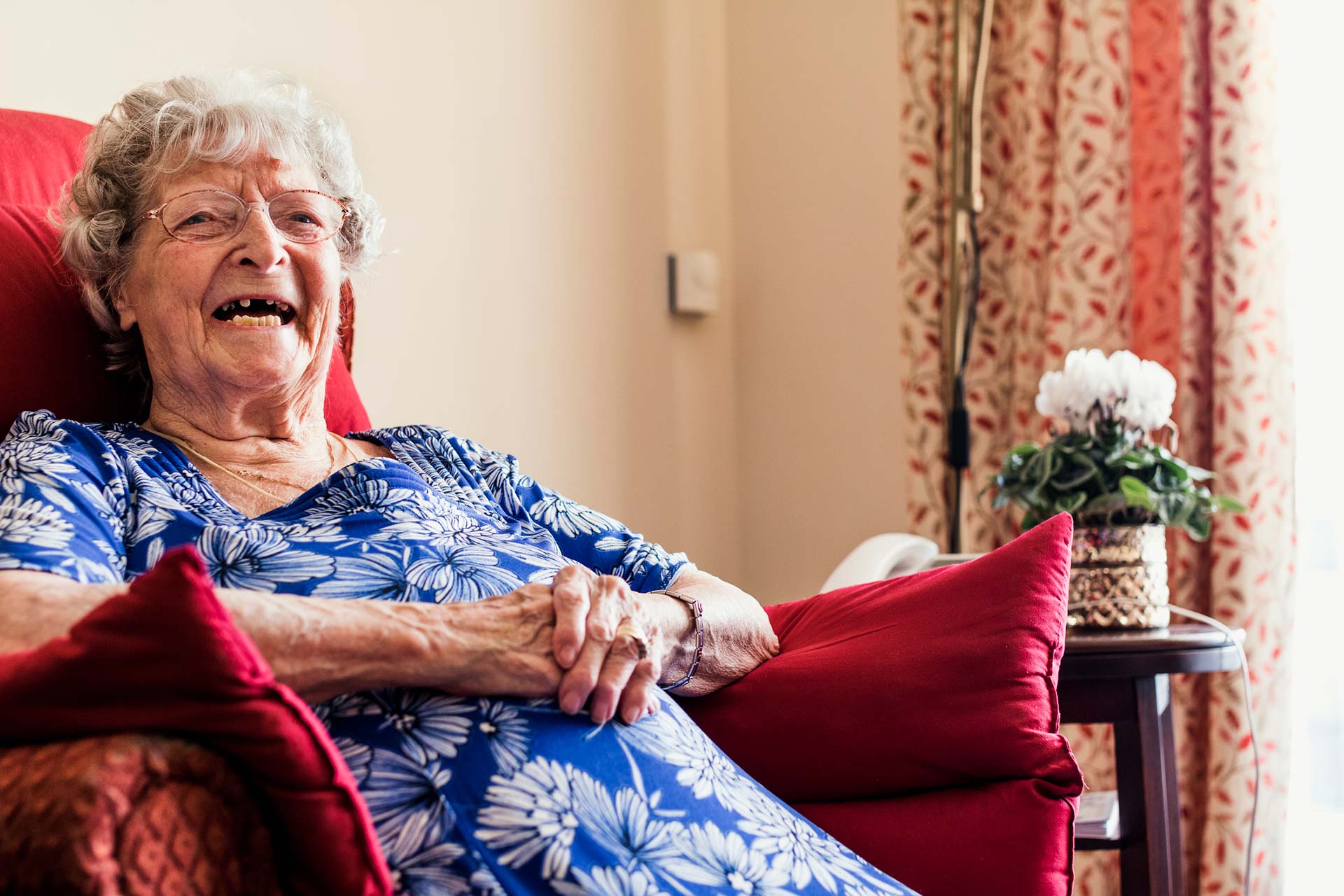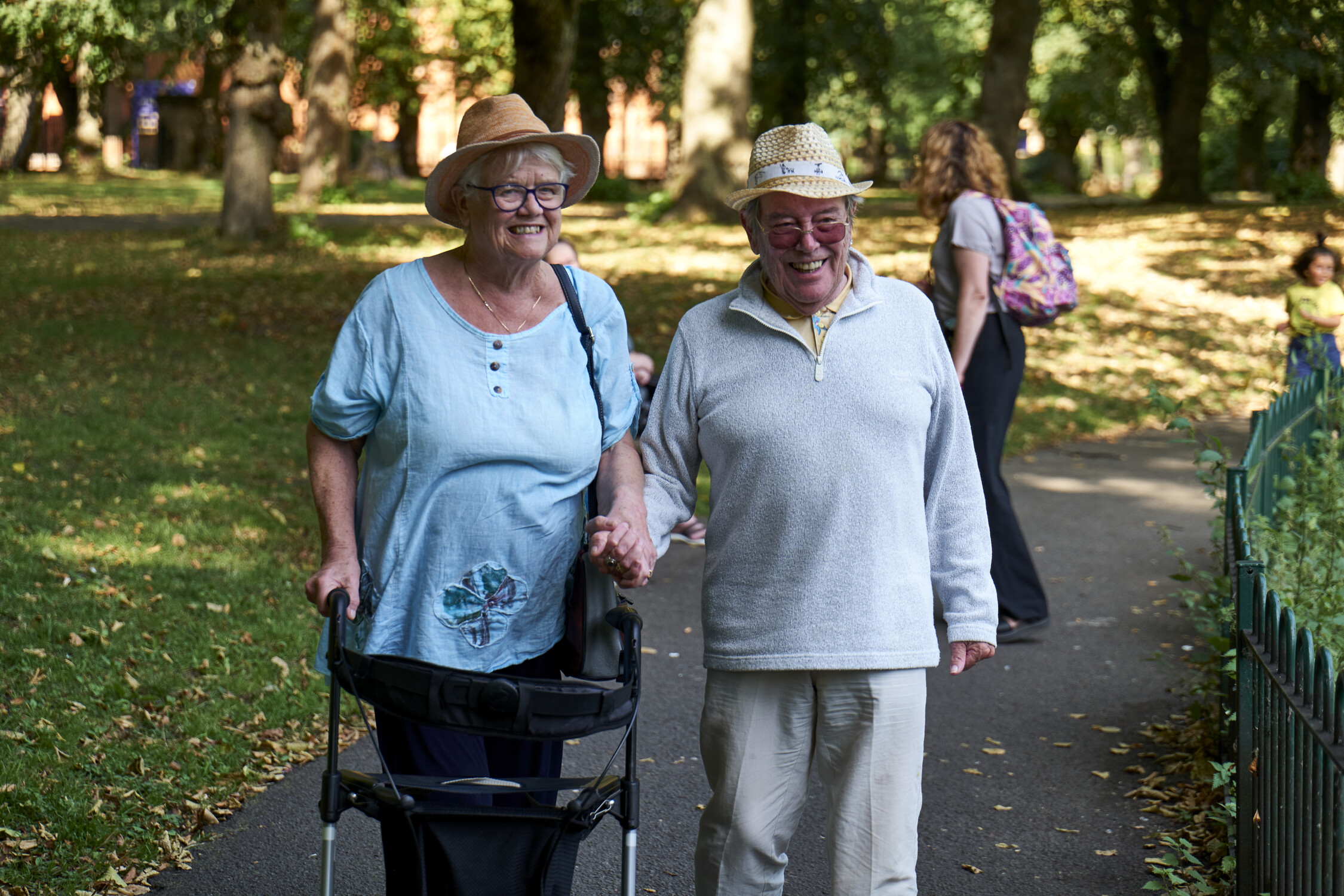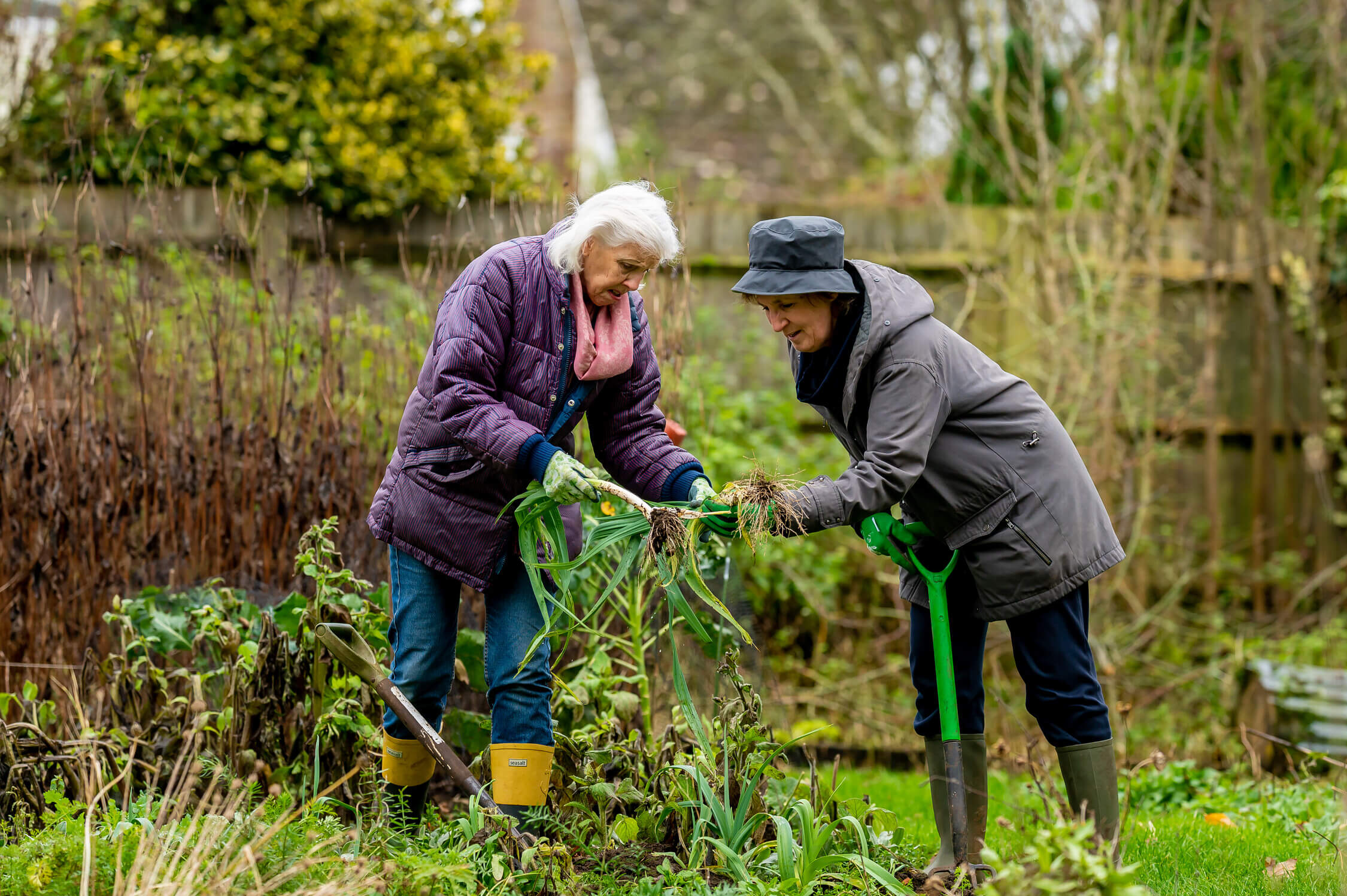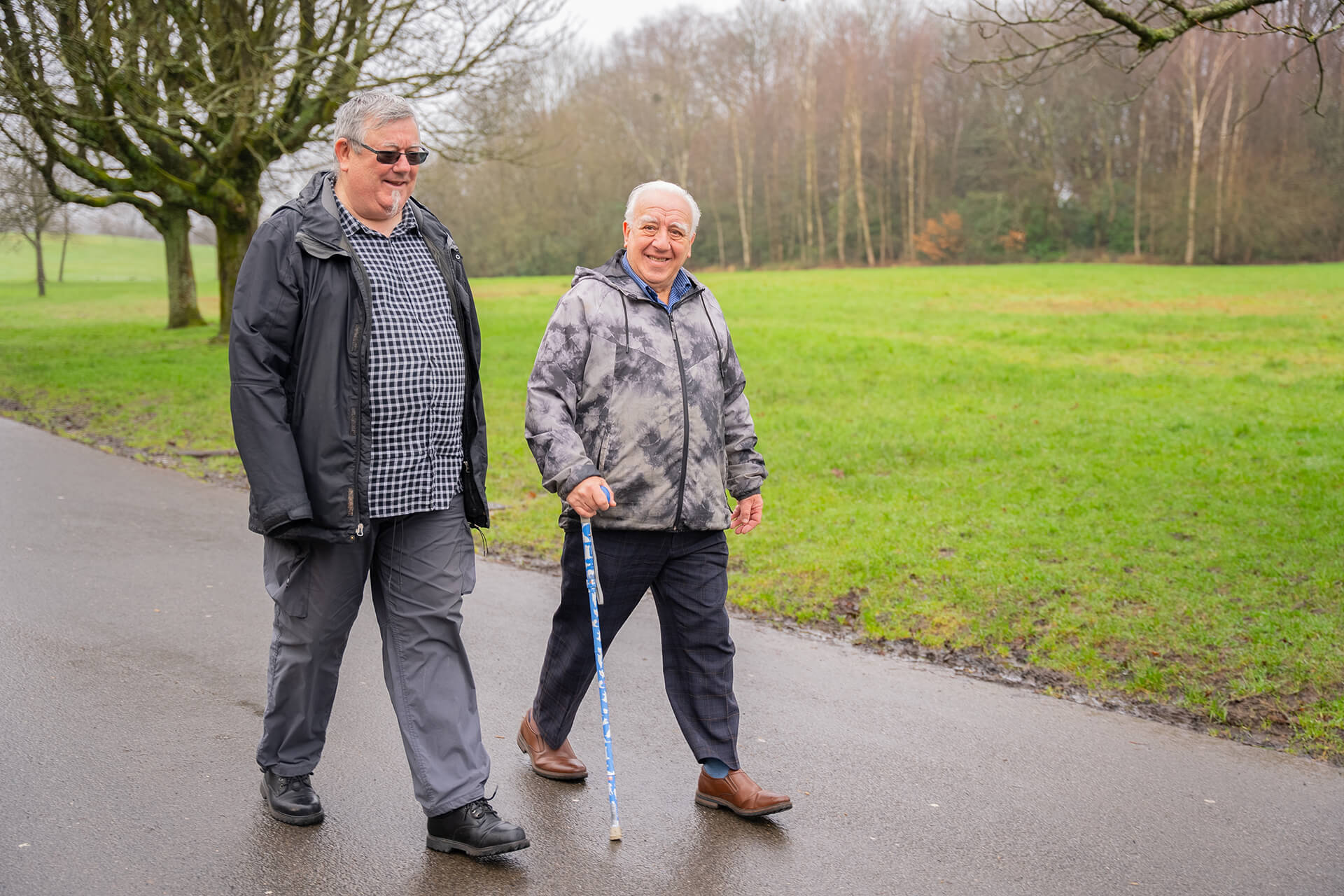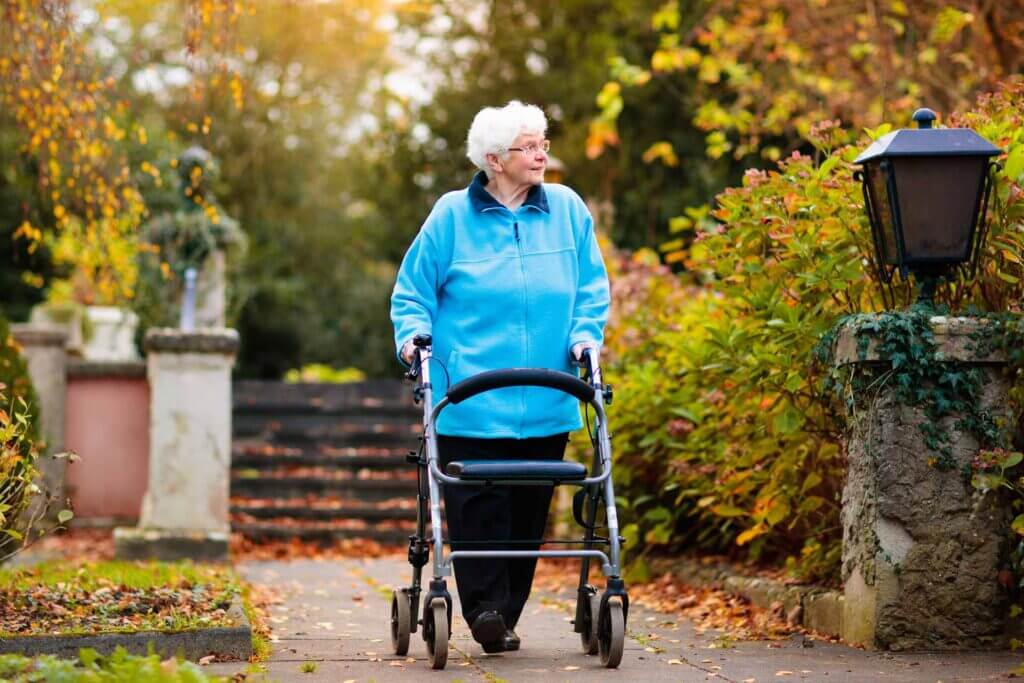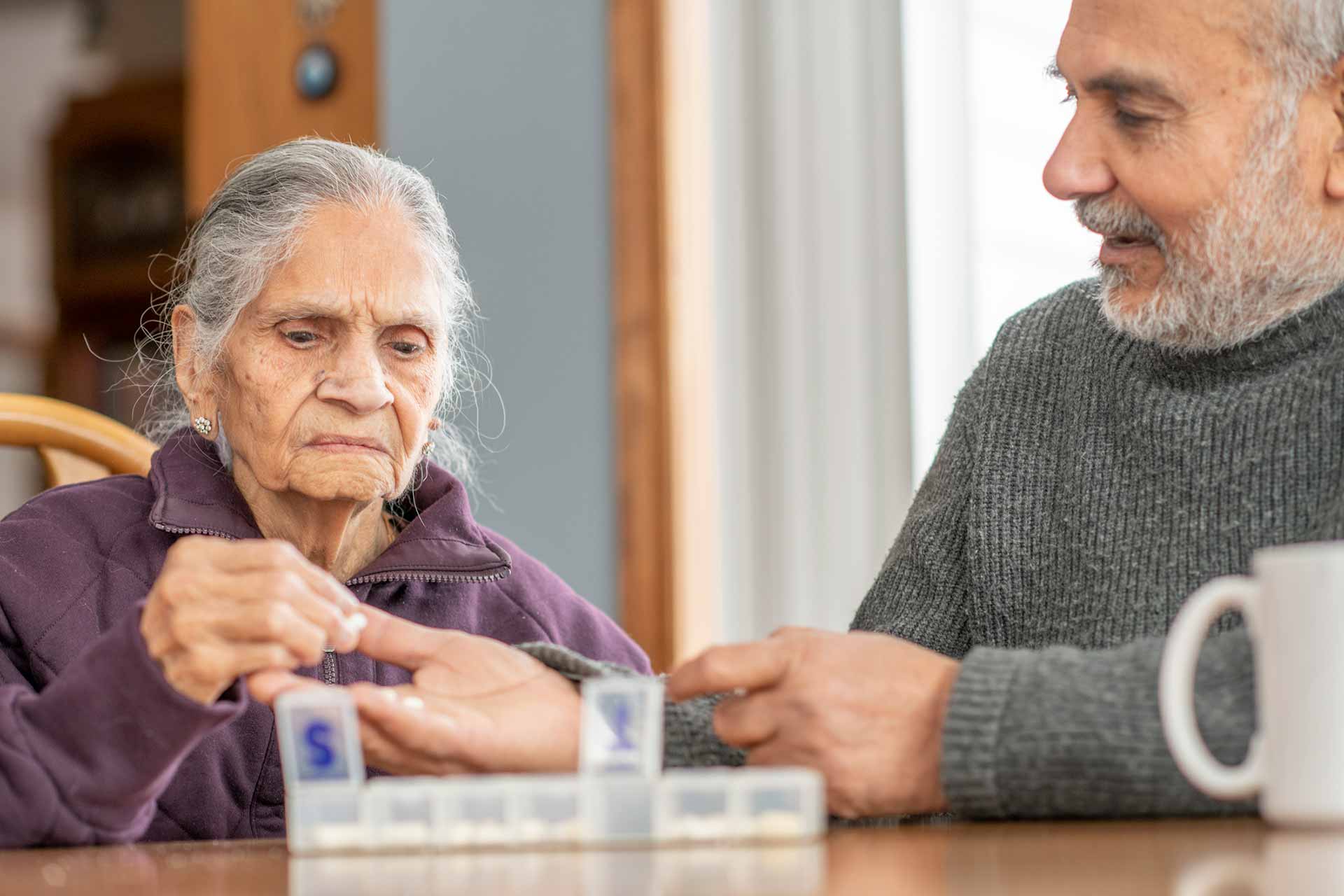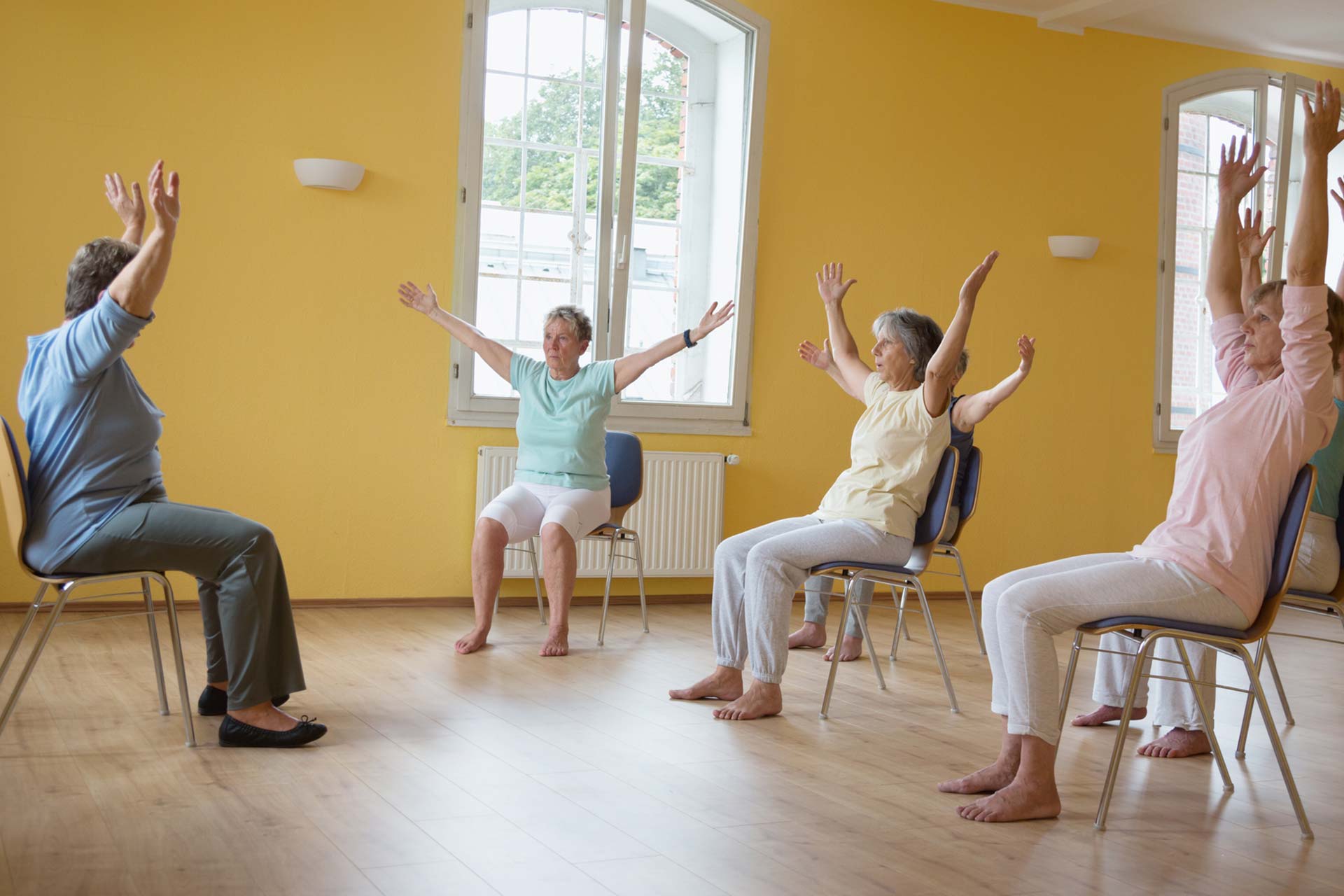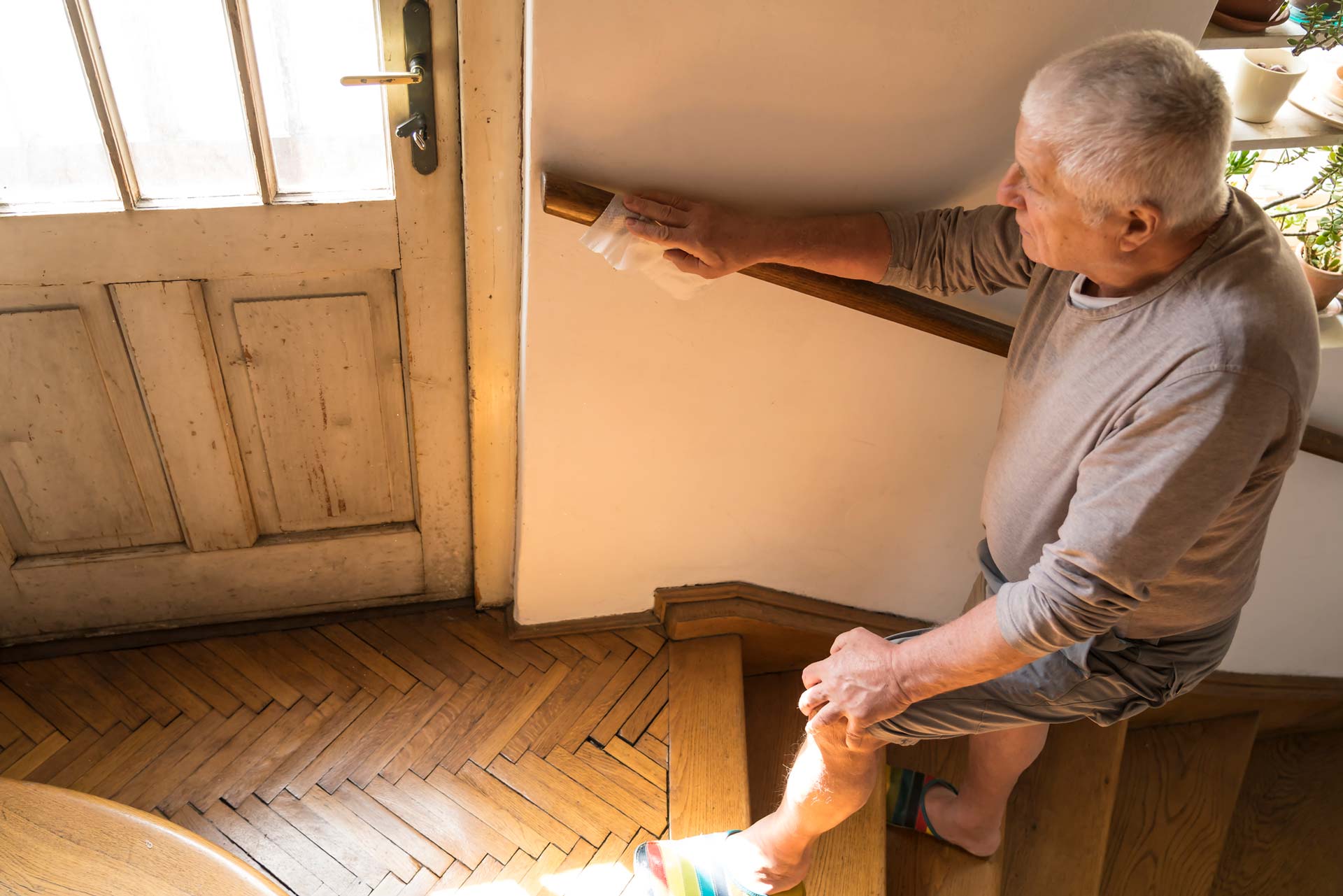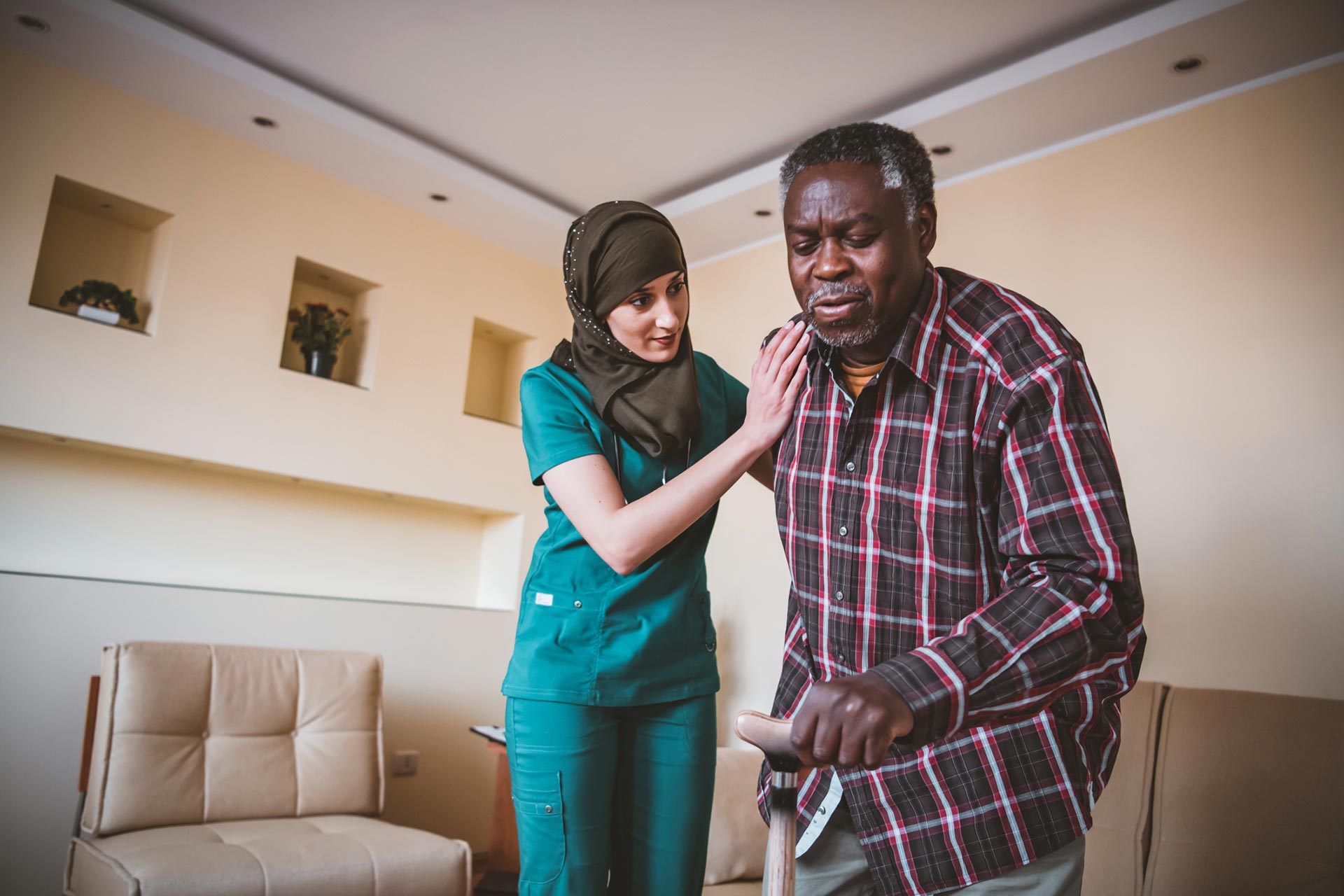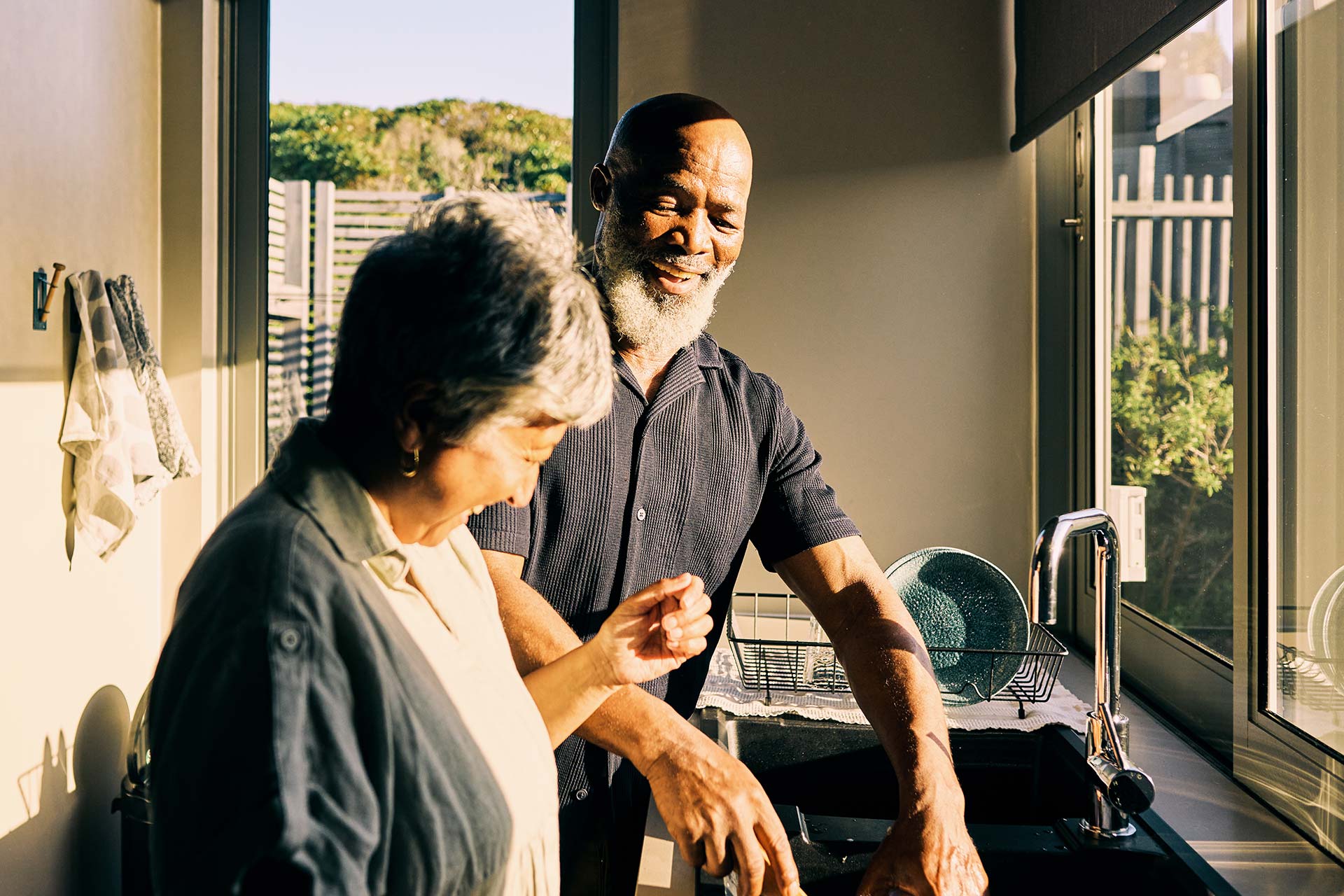What is frailty?
Age UK defines "frailty" as a "state of health often experienced by older people." However, the term is often misused. Living with frailty doesn’t mean that people have less ability or can't live a full and independent life. Frailty is actually used to describe someone’s resilience and their chance to recover quickly after health problems. Lower muscle strength and tiredness are common symptoms of frailty.
But not all older people live with frailty. In fact, Age UK says that “around 10% of people aged over 65 live with frailty. This figure rises to between 25% and 50% for those aged over 85.” That means up to 75% of people over 85 are not "frail" at all!
So why do some companies use “frail” to mean older people? The implications this creates are why we must be careful of the language we use around ageing.
Why we need to challenge “frail” as a term for older people.
Misusing the term "frail" creates the wrong idea that all older people are frail and should be treated and supported as such. In reality, older people have a wide range of health and physical abilities.
It is not a one-size-fits-all pattern of decline. Everyone ages differently.
Frailty is not something that has to happen as we age. Choosing things that help you age well will delay the onset of frailty. Lifestyle plays a large part in shaping our health as we grow older. Simple choices every day add up to affect our overall well-being and increase our healthy years. Regular exercise, a balanced diet, and being social are key to improving our physical and mental health.
Language matters.
Older people have a wide range of capabilities. Choosing words that accurately represent most older people will help challenge assumptions about what we can do as we age. There is a danger that labelling someone as “frail” when they are not will impact their self-belief. This may cause them to decline at a much faster rate than they may have done without it. An Age UK report looked into what older people thought about the language around ageing. They found that many older people do not like or identify with the term “frailty”. The 2015 report said this “has led some in the healthcare sector to raise concerns that, as a result, fewer older people may access the health and social care that they need”.
Misusing “frailty” simplifies and stereotypes ageing. This holds back our understanding of what ageing actually means. Choosing positive and accurate words will encourage a more inclusive and respectful approach to the ageing process.
Ageing is a journey, not a destination. Challenging the idea of frailty in ageing and using a more inclusive and positive viewpoint will show the potential for vibrant, active lives in later years so that everyone can age with dignity, strength, and vitality.

